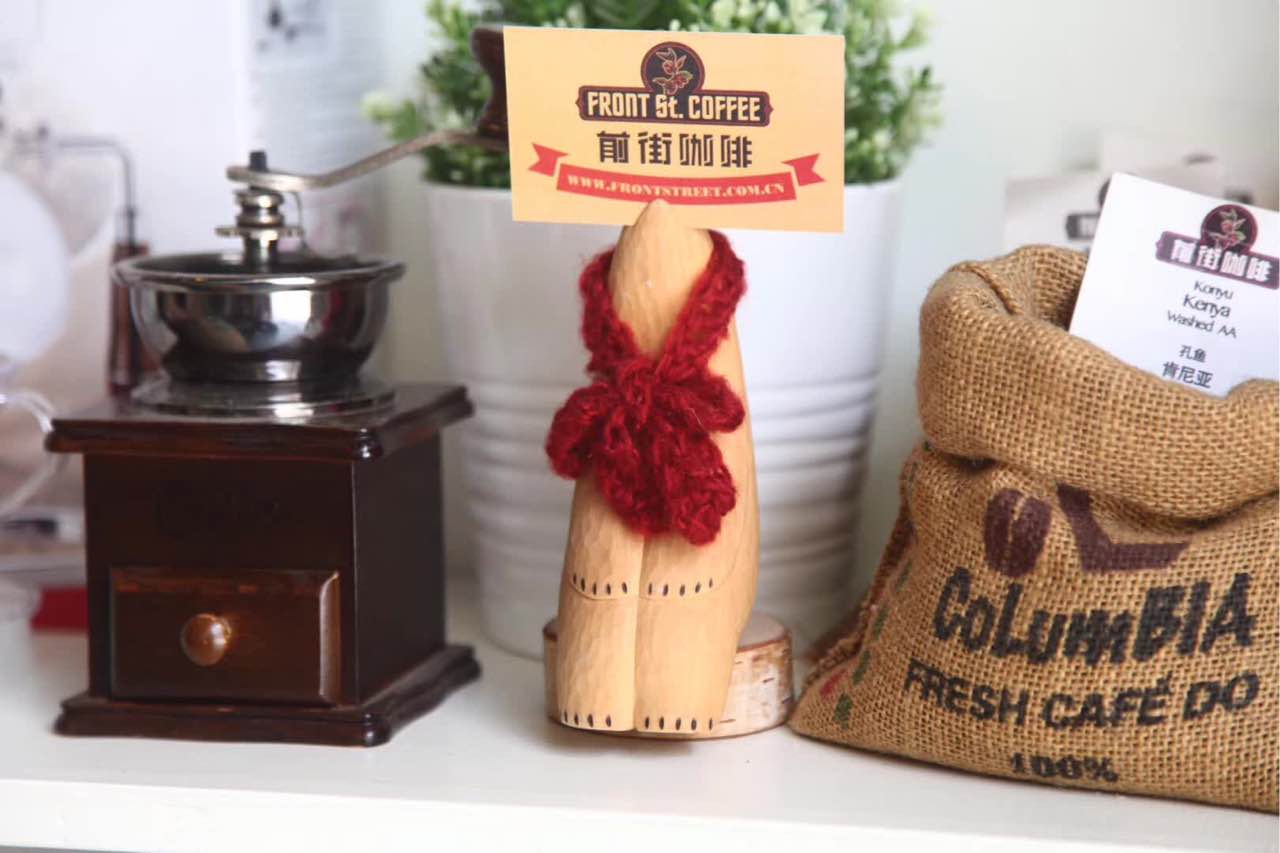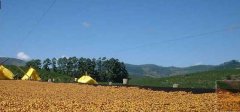What is the flavor of Kenyan coffee? what is Kenyan coffee
For professional baristas, please follow the coffee workshop (Wechat official account cafe_style)
Kenya:
Sour, full-bodied, smooth on the palate, plum juice, with hints of candied fruit, lemon, grapefruit, green tea, citrus, raspberry and black plum
Kenya is located in the south of Ethiopia and Yemen, only hundreds of kilometers away from the two world-famous coffee producers. The vast majority of Kenyan coffee trees grow in the mountains north and west of the capital Nairobi, and there are two main producing areas: first, the southern slope of Kirinaga, Kenya's highest peak, extends southward to near the capital Nairobi, which is close to the equator and is the largest coffee producing area in Kenya. In addition, there is a smaller producing area on the eastern slope of the Mount Elgon Mountains, on the border between Uganda and Kenya. There is rich red volcanic soil in the mountains of Kenya, and coffee is grown at an altitude of 1500 Mel 2100 meters. The coffee grown in Kenya is the bourbon tree planted in Arabik. Kenyan coffee is very similar to its neighboring Yemeni mocha and Ethiopian Harald, with a chic wine and a long finish. What's more, Kenyan coffee is mellow and smooth that Ethiopian coffee and Yemeni coffee do not have. it is lighter than Ethiopian coffee and more mellow than Yemeni mocha, so it is generally suitable for deep roasting. All Kenyan coffee beans are uniformly acquired, classified and auctioned by the Kenyan Coffee Commission (the Kenya Coffee Board). The grades of Kenyan coffee can be divided into AA++, AA+, AA and AB. The biggest customers of Kenyan coffee are Germany and some very picky countries in northern Europe. Kenya AA is the highest grade coffee in Kenya and the best quality Arabica coffee bean in the world. It tastes mellow and has a strong wine aroma. The sour taste of this coffee is so subtle that it needs to be tasted carefully to feel it. Note: Kenya round bean (Kenya Peaberry) is rare. Most parts are washed with water, and the best Kenya has the smell of wild berries.

Important Notice :
前街咖啡 FrontStreet Coffee has moved to new addredd:
FrontStreet Coffee Address: 315,Donghua East Road,GuangZhou
Tel:020 38364473
- Prev

Why is there so little Qgrader? why is the pass rate of Qgrader so low?
Q Grader is a coffee quality appraiser certified by CQI International Coffee quality Accreditation Association, a partner of the American Fine Coffee Association. It's a professional certification. Q Grader belongs to an exam with a total of 20 items. The contents include: 1, coffee knowledge and theory examination, 100 multiple choice questions. 2, sour, sweet and salty three basic taste tests, commonly known as devil water. 3. Four organic acids
- Next

The planting Environment of Coffee beans in Colombia
Colombia Cauca from Cauca province, located in southern Colombia, near the equator, the tall Andes block the warm and humid air from the Pacific Ocean, rich rainfall, stable climate all the year round, at the same time, the area is a multi-volcanic topography, the soil is mainly volcanic soil, extremely fertile, a single rainy season every year, October to December. Altitude: 1700-2100 m
Related
- Beginners will see the "Coffee pull flower" guide!
- What is the difference between ice blog purified milk and ordinary milk coffee?
- Why is the Philippines the largest producer of crops in Liberia?
- For coffee extraction, should the fine powder be retained?
- How does extracted espresso fill pressed powder? How much strength does it take to press the powder?
- How to make jasmine cold extract coffee? Is the jasmine + latte good?
- Will this little toy really make the coffee taste better? How does Lily Drip affect coffee extraction?
- Will the action of slapping the filter cup also affect coffee extraction?
- What's the difference between powder-to-water ratio and powder-to-liquid ratio?
- What is the Ethiopian local species? What does it have to do with Heirloom native species?

